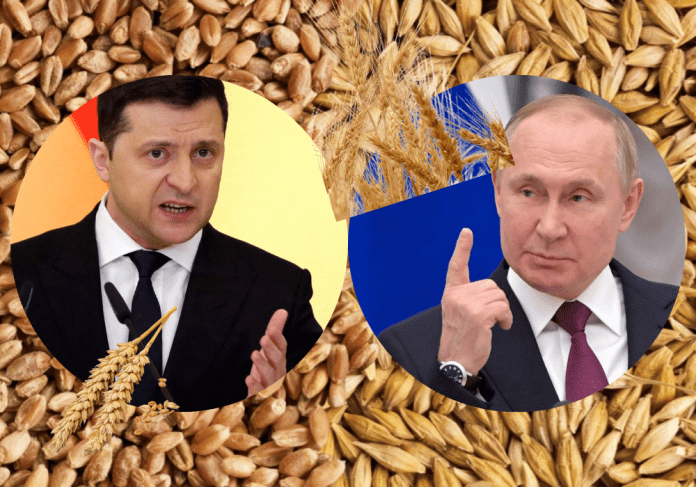News in brief: Russia has withdrawn from the grain deal with Ukraine, which allowed grains to pass through the Black Sea to the international market. The decision, based on Russia’s demands for essential commodities, affects countries facing hunger and creates uncertainty in agricultural exports through the Black Sea region.
Russia has pulled out of the grain deal it had with Ukraine to allow grains pass through the Black Sea to the international market. The United Nations and Turkey had brokered the agreement in 2022 and managed to get two extensions before it expired on 18 July 2023.
The spokesman for the Kremlin, Dmitry Peskov, said that Russia was suspending the deal until its own demands to get essential commodities like food and fertiliser are met. It has complained about the inhibitions it faces in wheat export saying that restrictions on shipping and insurance have impeded agricultural exports.
The move is a major blow to countries in Africa, the Middle East and Asia, where there is a growing threat of hunger due to skyrocketing food prices. Russia’s decision puts an end to the treaty and restores uncertainty to agricultural exports through the Black Sea region.
Since it invaded Ukraine, which led to a war of over one year, global food crisis has worsened with price hikes until recently, according to the Food and Agriculture Organization. The deal helped to lower surging prices of commodities like wheat and vegetable oil among others.
Both Ukraine and Russia are top producers and suppliers of wheat, barley, sunflower oil and other food products. Ukraine has, however, been the benefitting side to the deal as companies have refused to do business with Russia due to sanctions. Ukraine has been able to export 32.9 million metric tons of grain globally, under the Black Sea deal, with much of it going to developing nations.
Although, UN secretary general, António Guterres, quoting the Russian Union of Grain Exporters and Russian Fertiliser Producersâ Association, said that the country’s grain trade reached high export volumes and its fertiliser markets were stabilising with Russian exports nearing full recovery, thanks to the deal.
Guterres added that he had gotten two US waivers that exempted Russia from sanctions for food exports, a British waiver on insurance on Russian shipping and an EU exemption license that allowed the unfreezing of Russian-owned fertiliser companies’ accounts.
Note that Russia had hitherto briefly pulled out of the deal before rejoining a day later in November 2022, after Turkey intervened. Despite a renewal for 60 days in May 2023, food supplies and number of vessels leaving Ukraine dropped over fears of a Russian attack.



